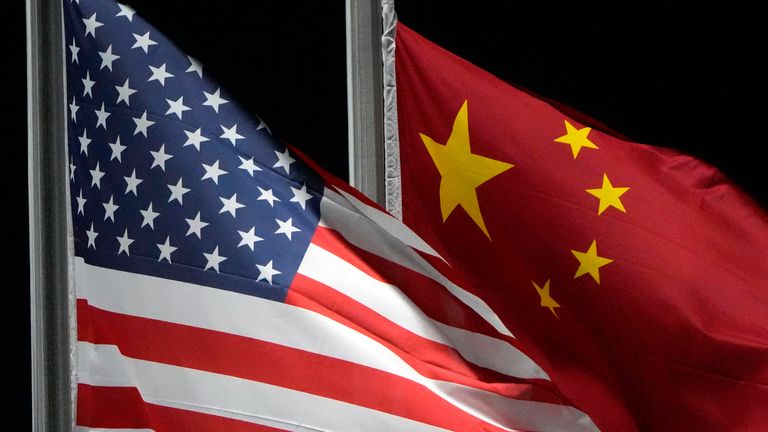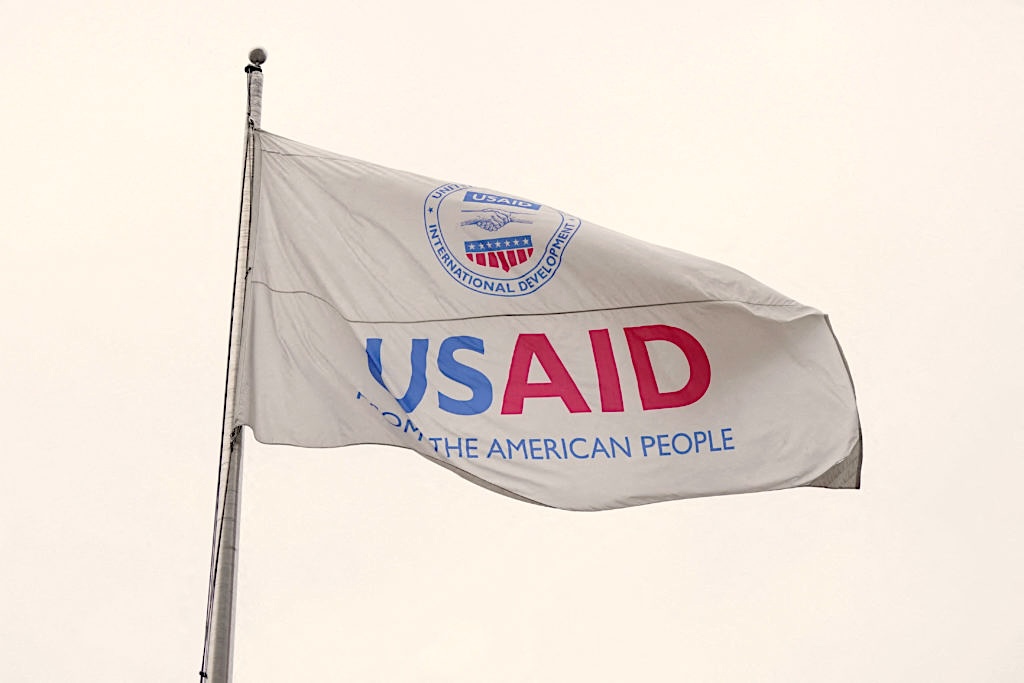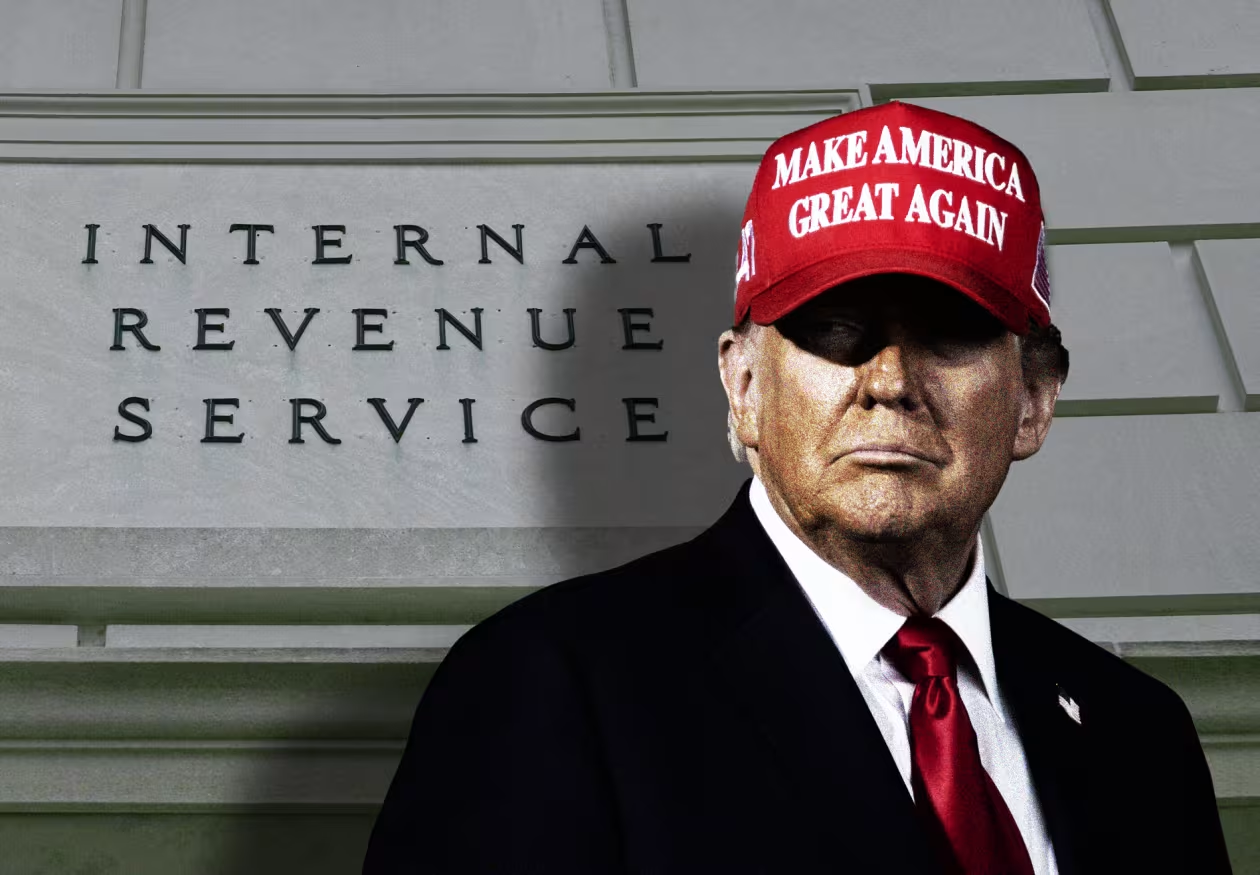China has pledged to take “all necessary countermeasures” in response to US President Donald Trump’s decision to impose an additional 10 percent tariff on Chinese imports. The latest round of tariffs, set to take effect on March 4, has been met with strong opposition from Beijing, which warned that the move would “seriously impact dialogue” between the two nations.
Trump’s new tariffs come in addition to existing levies and coincide with separate 25 percent tariffs on Canadian and Mexican imports. The US president has justified the move by linking it to the fentanyl crisis, accusing China of contributing to the flow of the deadly drug into the United States. In response, a Chinese commerce ministry spokesperson dismissed the allegations as an attempt to “shift the blame,” insisting that China has one of the strictest anti-narcotics policies in the world.
“If the US insists on going its own way, China will take all necessary countermeasures to defend its legitimate rights and interests,” the ministry stated, arguing that the tariff hike would burden American businesses and consumers while destabilizing global supply chains.
The dispute has also affected diplomatic efforts on narcotics control. China’s foreign ministry accused Washington of “blackmail” and warned that the new tariffs could hinder bilateral cooperation on countering fentanyl trafficking. “Pressure, coercion, and threats are not the correct way to deal with China,” foreign ministry spokesman Lin Jian stated.
As China’s leadership prepares to discuss economic countermeasures, other affected nations, including Mexico and Canada, are working to avoid the looming tariffs. Mexican President Claudia Sheinbaum expressed hopes of negotiating with Trump, while Canadian Prime Minister Justin Trudeau assured that officials were actively seeking solutions. Trudeau has repeatedly emphasized that less than one percent of fentanyl and undocumented migrants enter the US from Canada.
The market reaction to the trade tensions has been immediate, with Asian markets experiencing sharp declines, and Tokyo briefly shedding three percent in early Friday trading.
Beyond fentanyl-related tariffs, Trump has also set an April 2 deadline for implementing “reciprocal tariffs” on various trading partners. Details of these measures are expected after the completion of US government trade investigations, many of which Chinese officials claim are specifically targeting China.
China has repeatedly pushed back against US fentanyl accusations, arguing that the issue originates from Mexico, where precursor chemicals, some of which are legally exported from China, are used to manufacture the drug. A 2023 Congressional Research Service report supported this claim, stating that most fentanyl reaching the US is produced in Mexico using chemical inputs from multiple sources.
Despite warnings from Beijing, the US appears determined to press ahead with its tariff strategy. In early February, China’s foreign ministry cautioned that additional trade barriers could harm ongoing efforts to combat fentanyl trafficking, but diplomatic tensions continue to mount.




